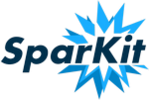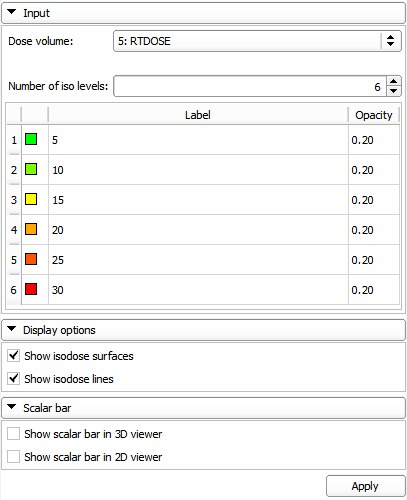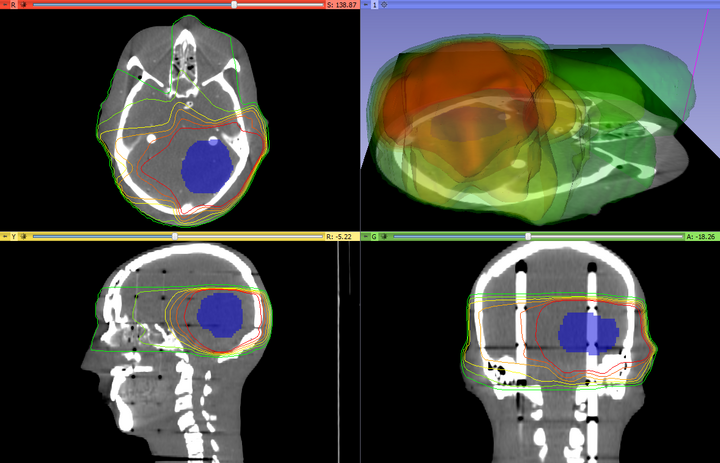Difference between revisions of "Documentation/Nightly/Modules/Isodose"
(Added link to SlicerRT home) |
|||
| Line 9: | Line 9: | ||
{{documentation/{{documentation/version}}/module-introduction-row}} | {{documentation/{{documentation/version}}/module-introduction-row}} | ||
This work is part of the SparKit project, funded by An Applied Cancer Research Unit of Cancer Care Ontario with funds provided by the Ministry of Health and Long-Term Care and the Ontario Consortium for Adaptive Interventions in Radiation Oncology (OCAIRO) to provide free, open-source toolset for radiotherapy and related image-guided interventions.<br> | This work is part of the SparKit project, funded by An Applied Cancer Research Unit of Cancer Care Ontario with funds provided by the Ministry of Health and Long-Term Care and the Ontario Consortium for Adaptive Interventions in Radiation Oncology (OCAIRO) to provide free, open-source toolset for radiotherapy and related image-guided interventions.<br> | ||
| − | Author: Kevin Wang ( | + | Author: Kevin Wang (Princess Margaret Cancer Centre)<br> |
Contact: Kevin Wang, <email>kevin.wang@rmp.uhn.on.ca</email><br> | Contact: Kevin Wang, <email>kevin.wang@rmp.uhn.on.ca</email><br> | ||
[http://www.slicer.org/slicerWiki/index.php/Documentation/Nightly/Extensions/SlicerRT Back to SlicerRT home] | [http://www.slicer.org/slicerWiki/index.php/Documentation/Nightly/Extensions/SlicerRT Back to SlicerRT home] | ||
Revision as of 17:29, 20 February 2014
Home < Documentation < Nightly < Modules < Isodose
|
For the latest Slicer documentation, visit the read-the-docs. |
Introduction and Acknowledgements
|
This work is part of the SparKit project, funded by An Applied Cancer Research Unit of Cancer Care Ontario with funds provided by the Ministry of Health and Long-Term Care and the Ontario Consortium for Adaptive Interventions in Radiation Oncology (OCAIRO) to provide free, open-source toolset for radiotherapy and related image-guided interventions. | |||||||
|
Module Description
The Isodose module creates isosurfaces from an input dose volume and a series of defined isodose levels. The output is a series of surface models grouped under a hierarchy node parent that can be visualized either in the 3D viewer or overlaid on image slices.
Use Cases
Generate isodose lines and surfaces for a dose distribution
Tutorials
Panels and their use
- Input
- Dose volume
- Number of Iso levels
- Iso levels table: color, label and opacity can be set to the isodose surfaces individually
- Apply: Create isodose surfaces
- Display options
- Show isodose lines: Show/hide isodose lines in 2D slice viewers
- Show isodose surfaces: Show/hide isodose surfaces in the 3D view
Similar Modules
N/A
References
N/A
Information for Developers
N/A



